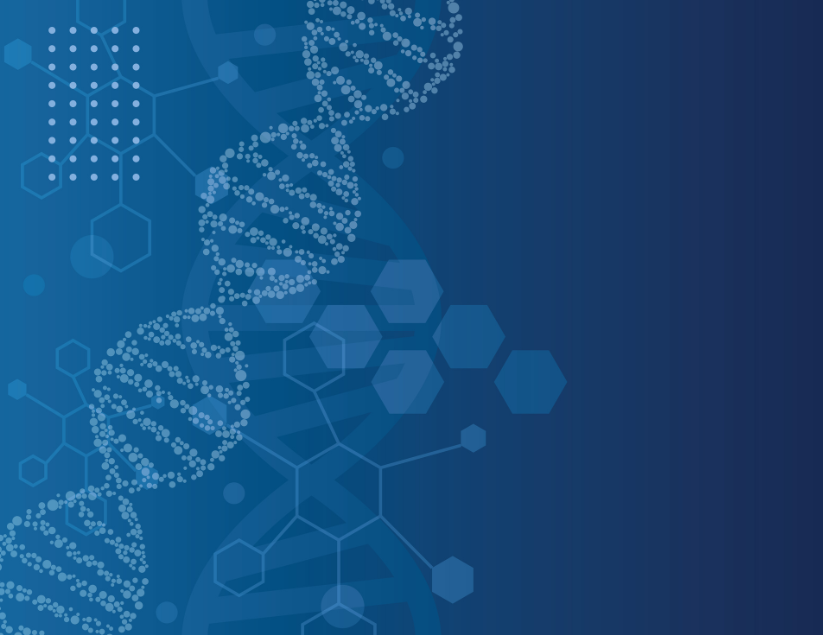Building Decision Points Into Research’s Slipperiest Slopes
By John H. Evans, Craig Callender, Neal K. Devaraj, Farren J. Isaacs, and Gregory E. Kaebnick,
Issues in Science and Technology
| 07. 04. 2025
The controversy around a ban on “mirror life” should lead to a more nuanced public conversation about how to manage the benefits and risks of precursor biotechnologies.
About five years ago, the five of us formed a discussion group to investigate the ethics of working with the building blocks of mirror life—biomolecules that are essentially mirror images of their natural counterparts. We knew that less-novel research within the broader field of synthetic biology has been the subject of extensive social and ethical debates, so we wanted to be proactive about a technology we consider even more novel. Two of us (Devaraj and Isaacs) are synthetic biologists who focus on lipids, nucleic acids, and proteins. The rest are a philosopher of science (Callender), a social ethicist of biotechnology (Evans), and a bioethicist (Kaebnick). We met roughly quarterly to discuss what was happening in our labs, as well as the possible futures of such technology.
Last year, Devaraj and Isaacs were invited into a second group, a large consortium of dozens of synthetic biologists and research leaders preparing a statement on...
Related Articles
By Alex Polyakov, The Conversation | 02.09.2026
Prospective parents are being marketed genetic tests that claim to predict which IVF embryo will grow into the tallest, smartest or healthiest child.
But these tests cannot deliver what they promise. The benefits are likely minimal, while the risks to...
By Steve Rose, The Guardian | 01.28.2026
Ed Zitron, EZPR.com; Experience Summit stage;
Web Summit 2024 via Wikipedia Commons licensed under CC by 2.0
If some time in an entirely possible future they come to make a movie about “how the AI bubble burst”, Ed Zitron will...
By Arthur Lazarus, MedPage Today | 01.23.2026
A growing body of contemporary research and reporting exposes how old ideas can find new life when repurposed within modern systems of medicine, technology, and public policy. Over the last decade, several trends have converged:
- The rise of polygenic scoring...
By Daphne O. Martschenko and Julia E. H. Brown, Hastings Bioethics Forum | 01.14.2026
There is growing concern that falling fertility rates will lead to economic and demographic catastrophe. The social and political movement known as pronatalism looks to combat depopulation by encouraging people to have as many children as possible. But not just...




